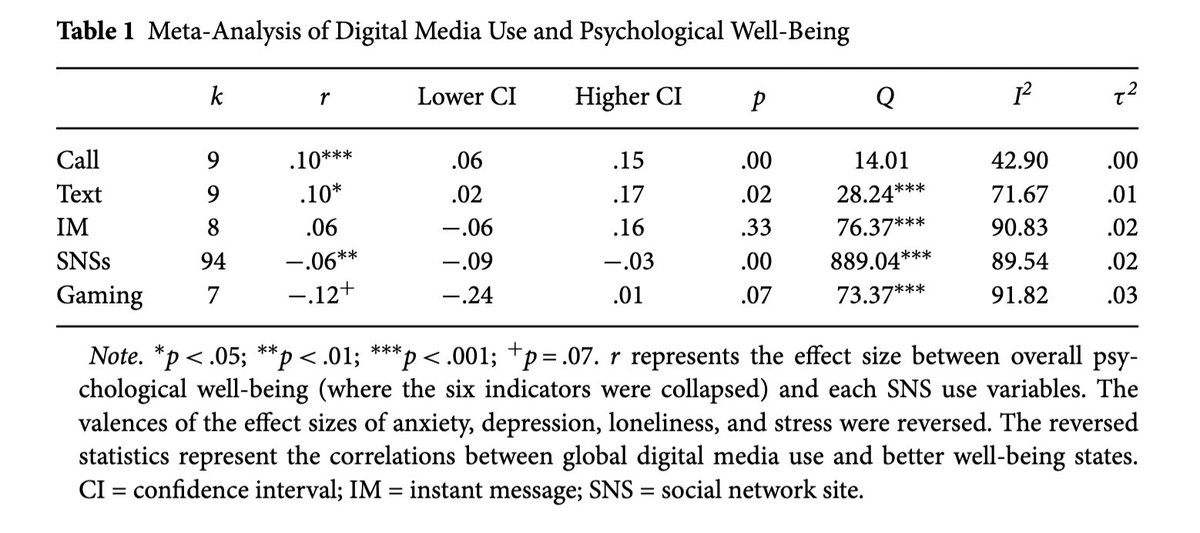
"The worlds of culture and gaming are largely separate."
I've never read anything more profoundly wrong. A (mini)thread.
I've never read anything more profoundly wrong. A (mini)thread.
https://twitter.com/bopinion/status/1435577312238620677
This piece in @bopinion that came out today argues that games are not culture because they are a closed system that is more about "participating in an event than watching an event." (Umm.. @Twitch anyone?)
Games are not and have never been closed systems. They are, by definition, GAMING CULTURES.
Generally speaking, facets of culture include behaviors and beliefs characteristic of a particular group. The major elements being symbols, language, norms, values, and artifacts.
Generally speaking, facets of culture include behaviors and beliefs characteristic of a particular group. The major elements being symbols, language, norms, values, and artifacts.
Gaming cultures have all of these:
✅ symbols (e.g., triforce)
✅ language (e.g., noob)
✅ norms (e.g., how to act in a PUG)
✅ values (e.g., cheating is looked down upon)
✅ artifacts (e.g., Commodore 64 anyone?)
✅ symbols (e.g., triforce)
✅ language (e.g., noob)
✅ norms (e.g., how to act in a PUG)
✅ values (e.g., cheating is looked down upon)
✅ artifacts (e.g., Commodore 64 anyone?)
Not to mention there are entire disciplines of study that have examined and discussed games as culture.
...starting with traditional games
anthrosource.onlinelibrary.wiley.com/doi/abs/10.152…
...starting with traditional games
anthrosource.onlinelibrary.wiley.com/doi/abs/10.152…
Games are not - nor have they ever been - closed systems detached from other aspects of culture.
(wasn't sure what example to give here, but Timothy Olyphant from Hitman will suffice)
(wasn't sure what example to give here, but Timothy Olyphant from Hitman will suffice)
To say that #videogames are not only NOT part of our culture, but "eroding culture" is factually incorrect and completely ignorant to the role that games, gaming, and digital games specifically, hold in society... globally.
For more, here is one of my favorite papers by one of my favorite authors on the topic:
journals.sagepub.com/doi/abs/10.117…
journals.sagepub.com/doi/abs/10.117…
Thank you for coming to my #tweettalk
For more about games and gamer cultures, check out youtube.com/psychgeist
For more about games and gamer cultures, check out youtube.com/psychgeist
Also, not sure how I missed this opportunity to shout out @witchernetflix.
If Henry Cavill as the Witcher isn't culture, nothing is.
If Henry Cavill as the Witcher isn't culture, nothing is.
• • •
Missing some Tweet in this thread? You can try to
force a refresh





